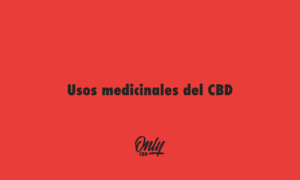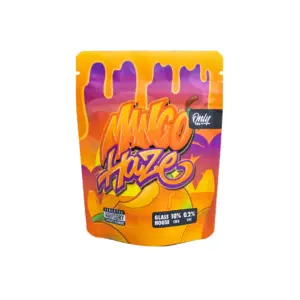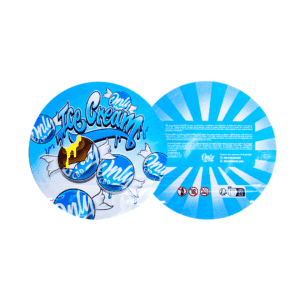WHO ON THE USE OF CBD: IT IS NOT ADDICTIVE, NOR HARMFUL TO HEALTH AND HAS MULTITUDE OF THERAPEUTIC PROPERTIES
“There is preliminary evidence that CBD may be a useful treatment for medical conditions […] epilepsy, anxiety, inflammatory diseases, pain, nausea, etc...”
This is according to the World Health Organization's Expert Committee on Drug Dependence. This committee met in Geneva, Switzerland, from November 6 to 10, 2017, to analyze the therapeutic potential, adverse effects, and potential dependence of CBD. The organization has published a report where the conclusions of professionals who are experts in cannabidiol are collected.
In addition to recognizing CBD's potential in the treatment of epilepsy and other conditions, it notes that "it is not listed in the United Nations International Drug Control Conventions of 1961, 1971, or 1988." This means that the United Nations does not consider this cannabinoid found in cannabis a drug.
This report from the World Health Organization represents an important step forward in the advancement of medicinal cannabis, as it opens the door to new research based on the therapeutic potential of CBD.
Point by point, we summarize below the analysis and conclusions drawn by this commission.
CBD, THE CANNABINOID THAT IS LEGALIZING CANNABIS
Hemp oil has been sold in herbalists and grocery stores for some time. But CBD has a different story: In Europe, it's already legal in Switzerland and the United Kingdom, although the CBD wave is going global. This cannabinoid has already been removed from the World Anti-Doping Agency's prohibited list, allowing professional athletes to use CBD since 2018. Thus, cannabis, which does not have levels above 0.2% THC, is being removed from the prohibited lists of international organizations and becoming an ally for athletes' physical conditioning.
They are beginning to emerge companies specializing in CBD both nationally and internationally, which predict the advancement of regulation and the potential growth of the sector, marketing dermocosmetic products with CBD such as moisturizing creams with CBD, honey with CBD, balms with CBD, lip balms with CBD, especially of the CBD oil.
HOW IS CBD USED OR ADMINISTERED?
CBD use is based on personalized therapy tailored to each individual and the reason for use in each specific case, taking into account the regulatory framework of each country. As a general rule, the cannabinoid has no known adverse effects at any therapeutic dose, although this does not rule out the possibility of certain drug interactions that should be considered.
The action of the active ingredient depends primarily on its kinetics in the body, with the release process being the most influential. In this case, oral release takes longer (up to 30-90 minutes before the onset of effect) and is also more prolonged (up to approximately 4 hours). Topical action has a localized effect and can be beneficial for the treatment of inflammatory skin conditions such as dermatitis, eczema, psoriasis, and acne.
Based on numerous clinical and preclinical trials conducted on the subject, trial and error over several days is recommended to allow for better judgment. Small doses throughout the day are preferable to a single dose of a larger quantity or concentration of the substance.
Currently in countries where CBD regulation is advanced, consumers are mainly choosing formats such as CBD oil, marketed in various concentrations, most commonly from CBD Oils 5% until CBD Oils 30%

























